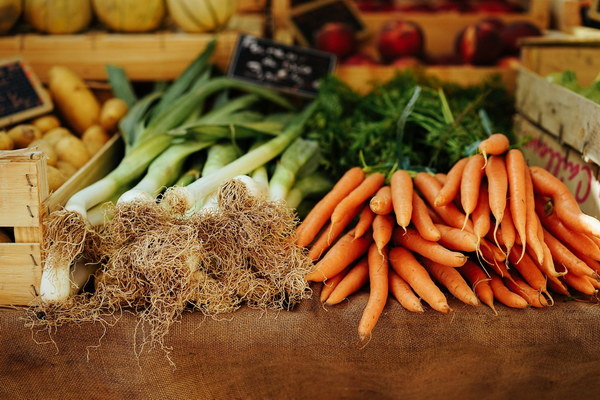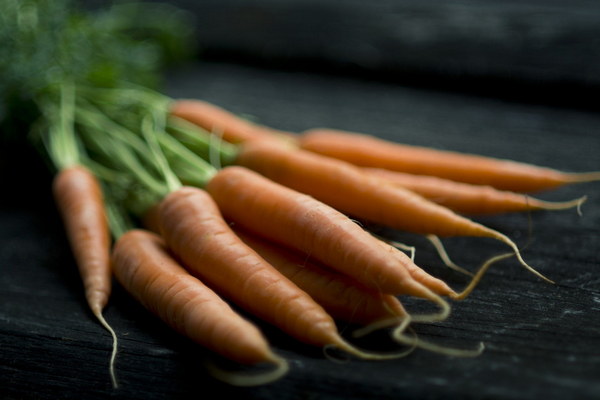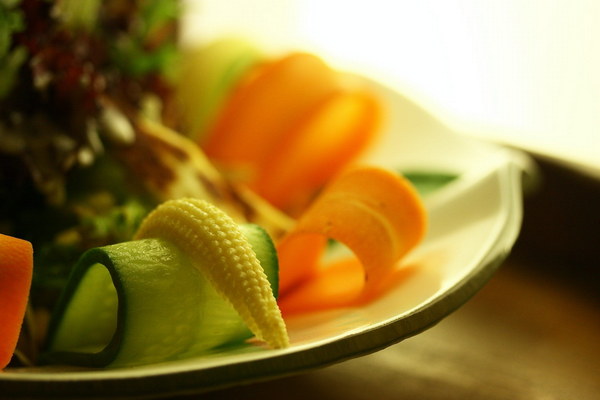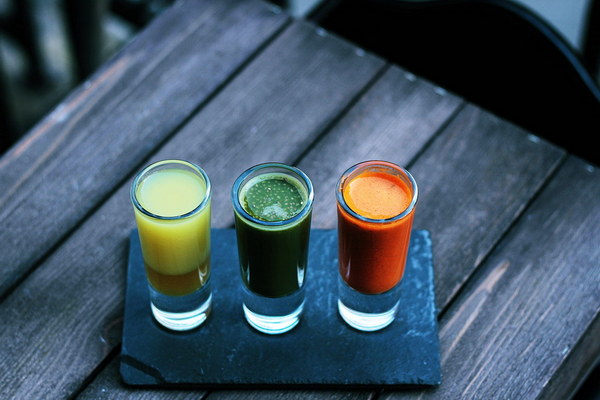Rejuvenating Your Health The Best Time to Boost Your Body Post-Menstruation
Introduction:
The menstrual cycle is a natural and essential process for women, but it can also leave us feeling fatigued and depleted. One of the best ways to combat these post-menstrual symptoms is by replenishing our bodies with the right nutrients. This article explores the ideal time to replenish your body post-menstruation and provides you with a guide on what to eat and how to nourish yourself during this crucial period.
The Importance of Post-Menstruation Replenishment:
After menstruation, your body goes through a phase of rejuvenation and repair. This is the perfect time to provide it with the necessary nutrients to support its healing process. By replenishing your body post-menstruation, you can boost your energy levels, improve your mood, and enhance your overall well-being.
The Ideal Time for Replenishment:
The best time to start replenishing your body post-menstruation is usually 3-5 days after your period ends. During this period, your body is in a state of heightened repair and is more receptive to absorbing nutrients. It is important to start this process as soon as possible to maximize the benefits.
Nutritional Guide for Post-Menstruation Replenishment:
1. Protein:

Protein is essential for muscle repair and growth. Incorporate lean sources of protein into your diet, such as chicken, fish, tofu, legumes, and dairy products. Aim for a serving of protein with every meal and snack to support your body's healing process.
2. Iron:
Iron deficiency is a common issue among women, especially during menstruation. To replenish your iron stores, include iron-rich foods like red meat, poultry, fish, lentils, spinach, and fortified cereals. Pair these foods with vitamin C-rich fruits and vegetables to enhance iron absorption.
3. Calcium:
Calcium is crucial for bone health and can also help alleviate symptoms of premenstrual syndrome (PMS). Consume dairy products, leafy greens, and fortified plant-based milk to ensure you're getting enough calcium during this time.
4. Magnesium:
Magnesium plays a vital role in muscle function and can help alleviate cramps. Include magnesium-rich foods such as almonds, cashews, legumes, whole grains, and dark chocolate in your diet.
5. Vitamin B6:
Vitamin B6 is essential for the production of neurotransmitters, which can help improve your mood and reduce stress. Consume foods like chicken, fish, bananas, avocados, and nuts to ensure you're getting enough vitamin B6.
6. Fatty Acids:
Omega-3 fatty acids have anti-inflammatory properties and can help alleviate symptoms of PMS and improve mood. Incorporate fatty fish like salmon, mackerel, and sardines into your diet, or consider taking an omega-3 supplement.
7. Hydration:
Staying hydrated is crucial during this time, as dehydration can exacerbate symptoms like fatigue and headaches. Aim to drink at least 8-10 glasses of water per day, and consider adding slices of lemon, cucumber, or mint to your water for added flavor.
Conclusion:
Replenishing your body post-menstruation is an essential step in maintaining your overall health and well-being. By focusing on a balanced diet rich in protein, iron, calcium, magnesium, vitamin B6, fatty acids, and staying hydrated, you can support your body's healing process and boost your energy levels. Start this replenishment process as soon as possible after your period ends to maximize the benefits and feel your best.









